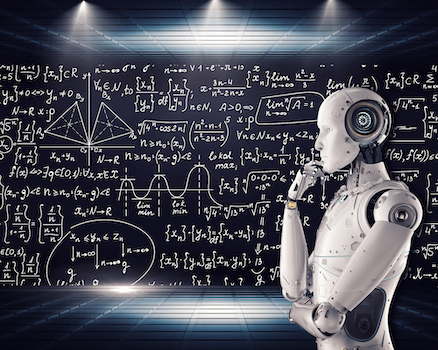Use AI? Sure. Trust AI? Never.
According to AI ethics expert Timnit Gebru, even when these systems work as intended, they can be the cause of real harm — from false arrests to potential loss of life.
Other stories mentioning these organizations, people and topics
| Organizations: | |
| People: | |
| Topics: |
Other News
Events For Leaders in
Science, Tech, Innovation, and Policy
Discuss and learn from those in the know at our virtual and in-person events.
See Upcoming Events
You have 0 free articles remaining.
Don't miss out - start your free trial today.
Start your FREE trial Already a member? Log in
By using this website, you agree to our use of cookies. We use cookies to provide you with a great experience and to help our website run effectively in accordance with our Privacy Policy and Terms of Service.





